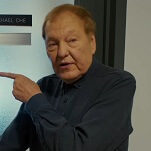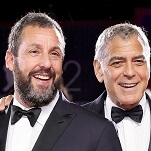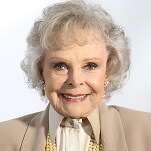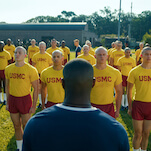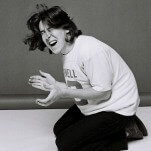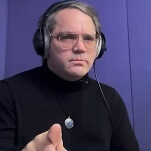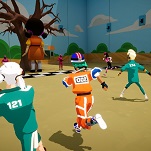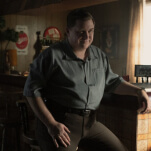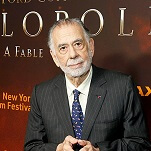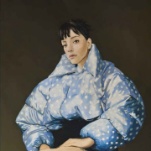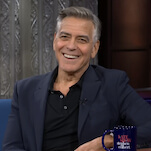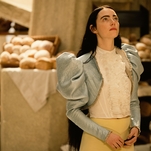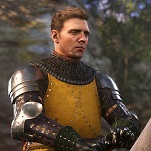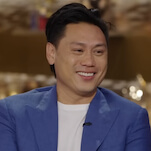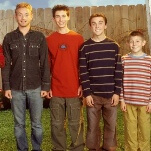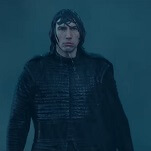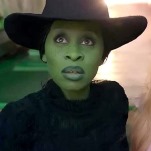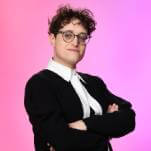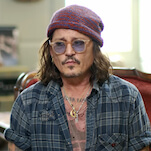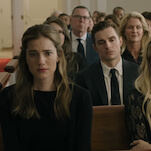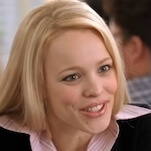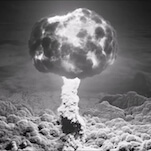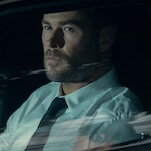Independent Spirits: Faith Hubley/John Hubley

If Faith and John Hubley hadn't become influential animators, they'd probably have been putting on puppet shows at public libraries. Sybil DelGaudio's concise bio-documentary Independent Spirits: Faith Hubley/John Hubley positions the married artists as children of the Depression and the bebop age, in that pre-hippie era when the counterculture was defined by union organizing and food drives instead of hedonism. John's conscience was formed first on the picket line of the 1941 Disney animators' strike, and later while he worked for the U.S. Army's First Motion Picture Unit during WWII. Faith grew up in Hell's Kitchen in New York, and developed her sense of civic duty in the public-school system. By the time the couple met and married, John had helped found the innovative UPA Studios and gained a reputation for applying his talents to the causes of education and labor, the sort of public-spirited work that became suspect in the HUAC era. The Hubleys were blacklisted, and took under-the-table advertising work while committing to produce one independent animated film a year. The combination of John's graphic sense and Faith's puckishness forged a new style in American animation. Their loosely designed, muted short films relied on the natural rhythms of the human voice in conversation, especially the playtime sparring of their children, recorded "in the wild." In the mainstream, the Hubleys' look and sound penetrated via quirky TV commercials ("I want my Maypo!" was a Hubley shop production) and bumpers for The Electric Company. But the shorts had the most impact–they showed at festivals and won Academy Awards, were studied by generations of film students, and later inspired idiosyncratic original series on Nickelodeon and the Cartoon Network. DelGaudio's documentary is candid about her subjects' struggles: how John, trained by Disney, always yearned for more material success, and how, after her husband's sudden death in 1977, Faith drifted toward folk-art-inspired abstractions until her own death in 2001. But Independent Spirits isn't really a psychological study. Instead, it's a tribute to two amazing artists, the work they produced, and the values that sustained them.

